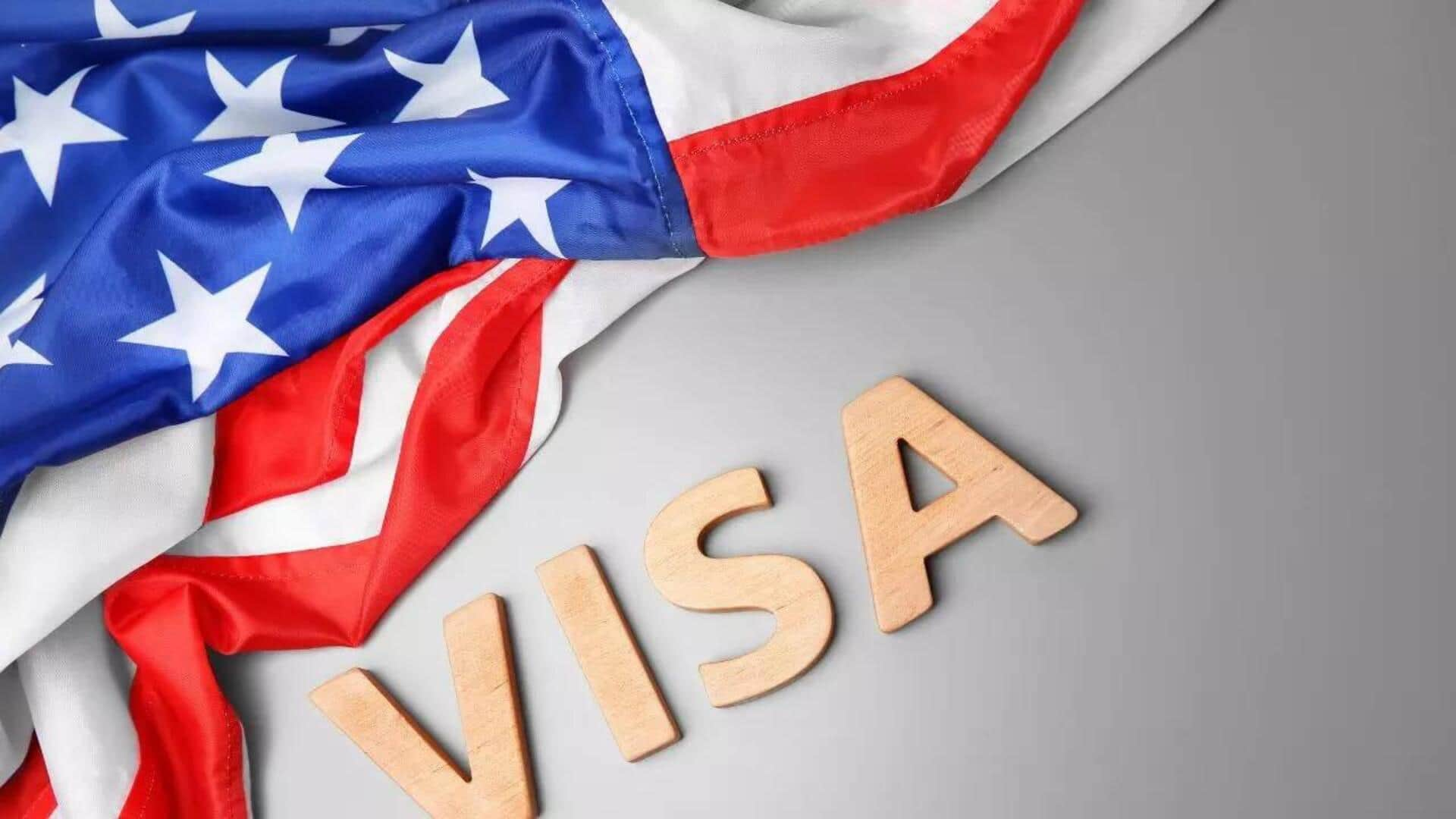
Your US visa can now be rejected over 'anti-American' beliefs
What's the story
The United States Citizenship and Immigration Services (USCIS) has announced a new policy. It will allow immigration officers to examine if visa applicants have "any involvement in anti-American or terrorist organizations." The policy also includes checking for "evidence of antisemitic activity." This move is part of the Donald Trump administration's broader crackdown on immigration regulations.
Vetting expansion
Expanded social media vetting
The new policy also expands social media vetting, which was first introduced by the Trump administration in June. The move could discourage immigrants and international students from coming to the United States. This year alone, the State Department has revoked over 6,000 student visas. Embassies and consulates are now required to screen student visa applicants for "hostile attitudes toward our citizens, culture, government."
Official statement
Commitment to rooting out 'anti-Americanism'
USCIS spokesperson Matthew Tragesser emphasized the agency's commitment to rooting out anti-Americanism. He said, "America's benefits should not be given to those who despise the country and promote anti-American ideologies." The policy update did not define "anti-Americanism" specifically but cited a section of the 1952 Immigration and Nationality Act (INA). This section prohibits certain individuals from becoming naturalized citizens based on their ideologies or affiliations.
Public reaction
Concerns over immigration officers' power
The announcement of this policy update has sparked confusion and concern among the public. Many are worried that the vague wording could give immigration officers too much power. Immigration experts have likened it to McCarthyism, a period of anti-communist hysteria in the 1950s. Aaron Reichlin-Melnick from American Immigration Council said, "The term (anti-Americanism) has no prior precedent in immigration law."
Bias fears
Subjective nature of American values
Steven Brown, an immigration attorney, argued that American values are a subjective standard not found in the INA. Jane Lilly Lopez from Brigham Young University expressed concern over implicit bias influencing these decisions. She said it would require more effort to prove compliance with standards under this policy. The vague nature of "anti-American" ideologies has left many wondering what could be considered anti-American or antisemitic activity.